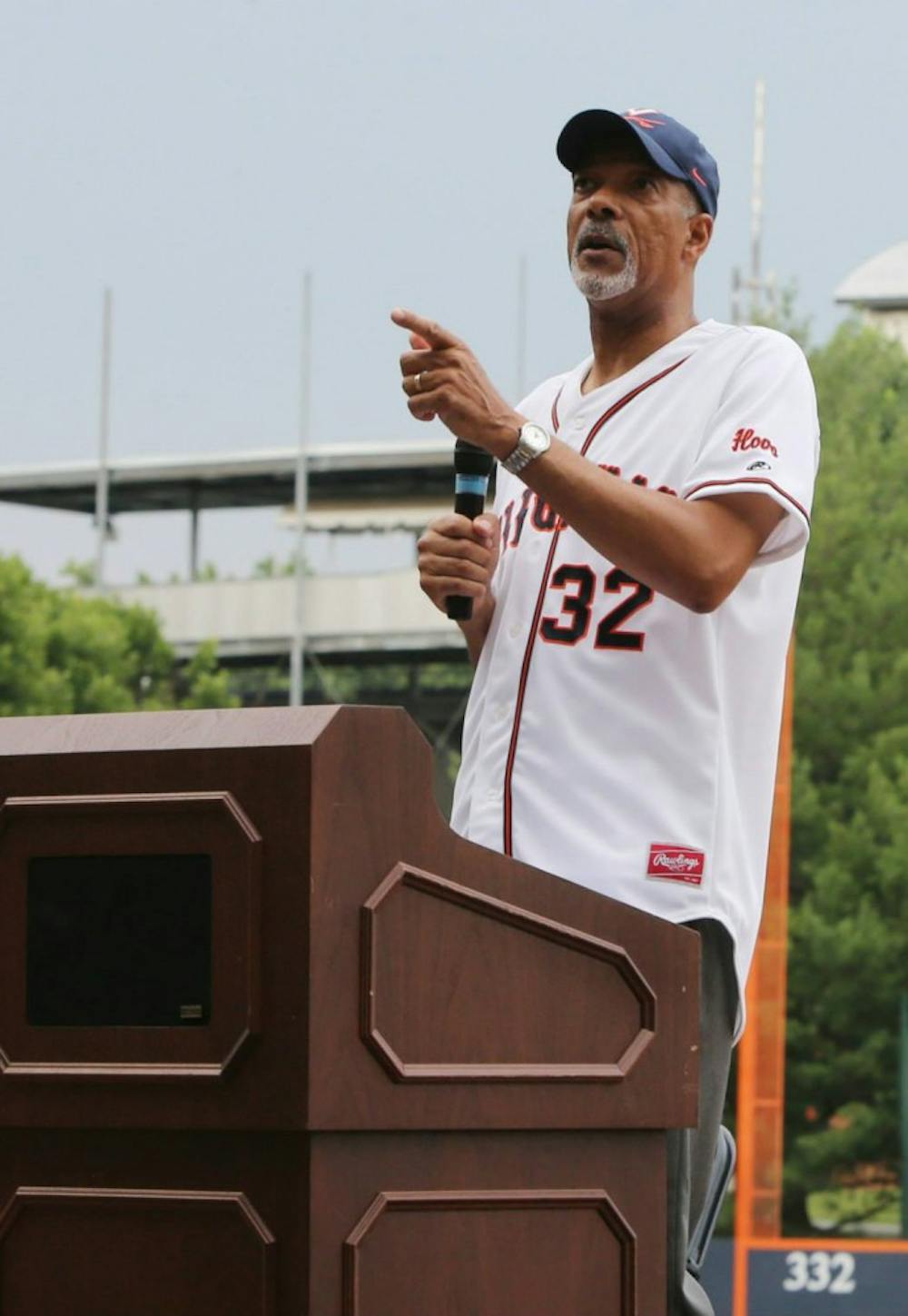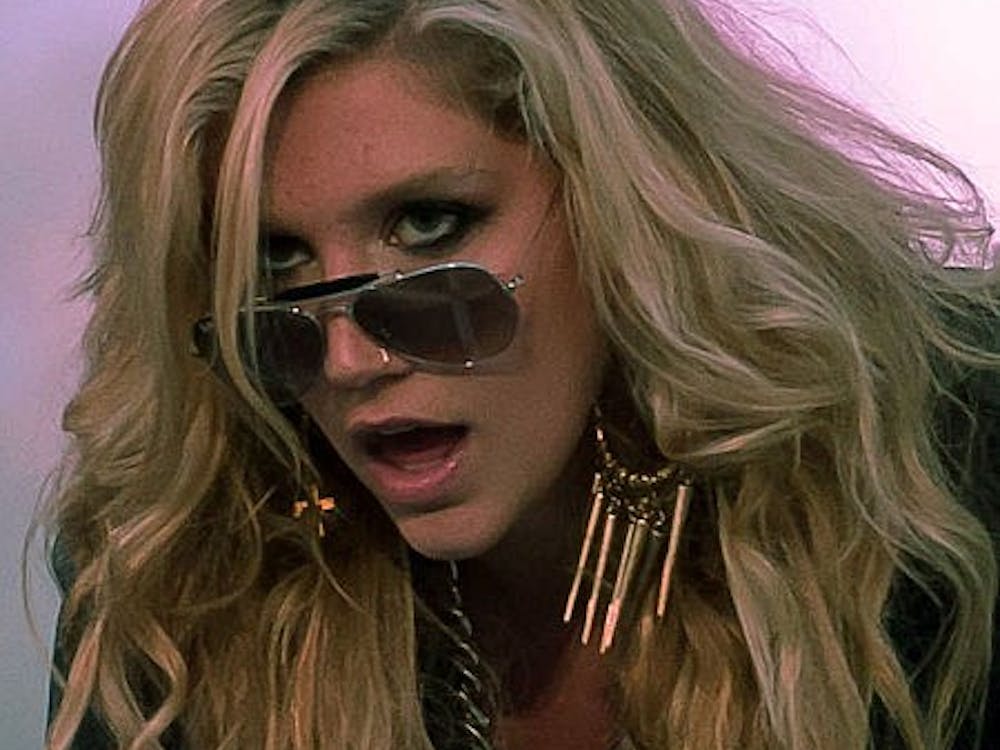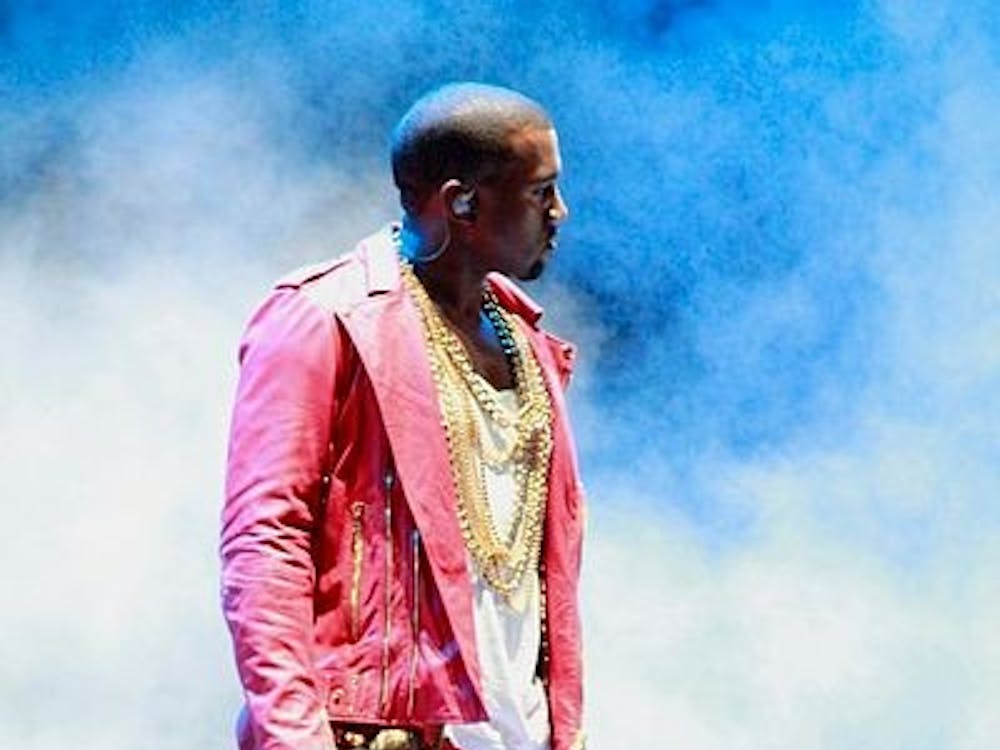In a landmark decision, the NCAA ruled Monday that student athletes cannot receive free or subsidized high-quality education based on their status as athletes. Colleges and universities that offer above average levels of education are now prohibited from providing scholarships unless they significantly reduce the intellectual demands of their courses.
NCAA President Mark Emmert said the ruling resulted from a long discussion about amateurism and fairness to all NCAA student athletes.
“We ultimately decided that the value some of our member schools provide to student athletes by way of degrees qualifies as compensation far above and beyond what we think is appropriate for amatuer athletics,” Emmert said. “As an organization, the NCAA strives to act justly, and letting some students graduate with top-notch degrees while others earn mediocre ones does not live up to that ideal.”
The NCAA released a list of 119 institutions that were determined to be offering athletes higher than acceptable education value, including the University of Virginia. In fact, every ACC school was present on the list with the exception of Virginia Tech.
To comply with the new ruling, these 119 schools must develop a special curriculum for student athletes, showing due diligence in an attempt to decrease the value of the education they offer. The NCAA will remove scholarships from the schools that fail to comply, which will be the first time in the organization’s 110 year history that a sanction will actually target the violation it seeks to deal with.
“Above all, the NCAA seeks to uphold principles of amateurism,” Emmert said. “When student athletes are faced with commercial pressures, the idealistic educational experience which we hope to preserve is endangered. Whether those pressures be opportunities to profit from their likeness in video games, free meals, the right to unionize, the right to hold a part-time job or an offer of subsidized higher-than-average education, the student athlete deserves the privilege to live without them.”
University officials said they will work to fully comply with the NCAA’s decision.
“Go Hoos!” Athletics Director Craig Littlepage said.
Other schools already have procedures in place to limit the educational value their student athletes receive. Bubba Cunningham, athletic director at North Carolina, said his program has been testing a similar system for years.
“We have a special curriculum years in the making that ensures that our student athletes do not come away from our courses with knowledge students at other universities wouldn’t be able to receive,” Cunningham said in a statement. “Ideally, these courses never meet in person, but when they do, we do our best to make sure our athletes don’t attend. We’ve always believed this system to be most fair and are glad the NCAA agrees.”
Critics, however, note that the decision may have adverse effects on recruiting for these 119 institutions.
“If the value of the degrees at these schools decreases, economics would dictate that these top athletes will seek to play elsewhere,” MIT Labor Economics Prof. Carly Marx said. “As the wage rate decreases, so does the demand for these institutions — that’s just how labor markets work, even if the capitalist pigs capture nearly all the value these athletes produce.”
Some student athletes, however, are welcoming the change with open arms.
“Why should we go to class if we came here to play FOOTBALL,” Ohio State junior quarterback Cardale Jones tweeted in response to the decision. “We ain’t come to play SCHOOL, classes are POINTLESS.”







